No going back to dead two-party politics
This year showed both the Conservatives and Labour exist in name alone.
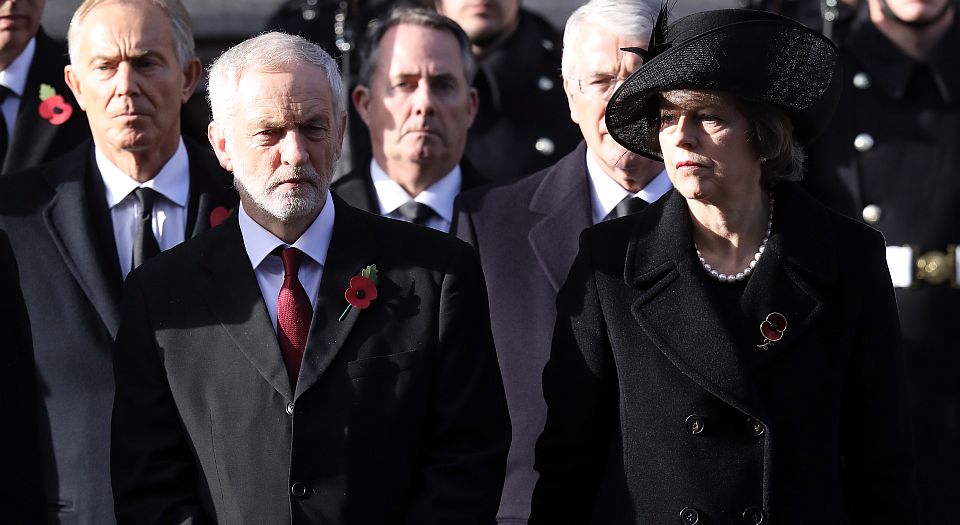
Want to read spiked ad-free? Become a spiked supporter.
It might sometimes have been hard to notice, but, behind the hysteria about sexual harassment in the UK parliament this year, the actual business of party politics continued in 2017. However, it was decidedly not business as usual.
Both government and opposition now find it hard to work out what is ‘appropriate behaviour’ for political parties named Conservative and Labour respectively. This was the year when it became clear that neither knows what they stand for, who they represent, nor where they are heading. Whatever happens next, particularly in the battle for Brexit, there can be no going back to the relatively stable and staid party-political system of old.
Many claimed June’s General Election did mark the return of two-party politics, after the rise and fall of the Lib Dems and UKIP. Despite a disastrous election campaign, Theresa May’s Tories won 42.4 per cent of votes cast, while Jeremy Corbyn’s Labour took 40 per cent. Their combined total of 82.4 per cent was the two parties’ highest since 1970, far above the mere 65.1 per cent they mustered between them in 2010.
But we’re lightyears away from the postwar heyday of two-party politics, when Labour and the Tories totalled a mighty 96.8 per cent of votes in the close-fought election of 1951. Back then, the parties were both coherent organisations with clear political differences: Labour the party of nationalisation and the NHS, the Conservatives the party of free enterprise and empire. (Though even then, Clement Attlee’s 1945 Labour government also built Britain’s nuclear bomb and fought bloody colonial wars, while Winston Churchill’s 1951 Tory government also accepted the NHS was here to stay.)
And each party had a distinctive and cohesive core constituency, broadly based in class politics: Labour the party of the organised working class in the trade unions, Conservatives the party of the establishment, with much middle-class support and a sizeable minority of working-class support.
This year made clear that has all gone – for good. Both major parties have been emptied of traditional politics over recent decades. Neither bears much resemblance to their own traditions.
Above all, the battle for Brexit has brought everything to a head, demonstrating that both major parties are incoherent, indecisive, divided and clueless on the biggest issue to face UK politics for a generation. Rather than a return to traditional two-party politics, this looks more like a new moment of no-party politics.
Look at the pathetic state of the Conservatives, traditional party of the British establishment. May’s minority government now finds itself unwillingly in charge of the Brexit revolt, the most radical change in British politics since the war. The Tories have been all over the place in 2017: led by Remainers, yet elected by millions of Leave voters; deeply divided, with reactionary Tory ‘rebels’ in both Houses of Parliament conspiring with the opposition parties to derail Brexit.
This is a nominally Conservative and Unionist Party that looks like neither. Their close Remainer friends in the City of London oppose them over Brexit, and they’re embarrassed by their Leave-backing ‘allies’ in the Democratic Unionist Party of Northern Ireland. The running debacles of 2017 should put to question the future not just of May’s government, but of the Tory Party itself.
Then there is Corbyn’s Labour, supposedly the reborn radical party of the British left. Strange, then, that Labour has emerged as the most important force for conservatism on Brexit, the best hope of the Remainer establishment’s rearguard campaign against leaving the EU.
In embracing ‘Soft Brexit’ – better known as ‘Not Brexit’, or Remain by another name – Labour has abandoned the millions of working-class voters who backed Leave. Some 90 per cent of Labour MPs are Remainers, while around 70 per cent of Labour seats voted Leave in 2016. This is a nominal party of labour that does not trust its traditional base and has instead emerged as the new party of a minority of metropolitan middle-class Remainers, while still depending on working-class votes. Corbyn’s allegedly radical movement is effectively fighting to retain the status quo and thwart the democratic ambitions of millions of its own voters. Little wonder Labour remains as divided as the Tories over what to do next.
The fact that neither party knows what they are for or who they represent helps explain why both have seemed all over the place on Brexit this year, seemingly changing positions and policies according to which spokesperson you listen to on which day of the week.
There can be no going back to old-fashioned two-party politics. Neither the traditional Conservative nor Labour parties exist in anything but name. Most importantly, the unrepresented majority in British society would not accept any return to pre-Brexit politics.
Because if 2017 made one positive thing clear, it is that Brexit has let the democratic genie out of the bottle. Surveys show that, for many, June 2016 was the first time they really felt that their vote counted. They are unlikely quietly to hand politics back to the elites who claim to know what’s best for the rest.
To judge the changed mood, you need only watch the clips of audience members on BBC Question Time telling the gobsmacked MPs on the panel that ‘we the people are sovereign!’. Or note how often members of the political and media elites now feel obliged to talk about democracy and ‘the people’ – even while doing all they can to subvert popular democracy in practice.
It is not yet obvious what new political force might emerge in 2018 and beyond. But after 2017 it should already be clear that there can be no return to the comfortable two-party club of the past. We would surely be better off if these zombie parties tore themselves apart, so that we might have a political realignment according to what people really stand for, rather than which fading party colours they wear.
A note from democratic history to end. During the Paris Commune of 1871, when the proletariat seized control of the city, the old discredited political parties and powers fled with the monarchy to the Palace of Versailles. Writing soon after, Karl Marx described the unrepresentative parliamentary assembly they established there as ‘that assembly of the ghouls of all defunct regimes… representative of everything dead in France’. Remind you of anything in the UK in 2017?
Mick Hume is spiked’s editor-at-large. His new book, Revolting! How the Establishment is Undermining Democracy – and What They’re Afraid of, is published by William Collins. Buy it here.
Picture by: Getty Images.
Who funds spiked? You do
We are funded by you. And in this era of cancel culture and advertiser boycotts, we rely on your donations more than ever. Seventy per cent of our revenue comes from our readers’ donations – the vast majority giving just £5 per month. If you make a regular donation – of £5 a month or £50 a year – you can become a and enjoy:
–Ad-free reading
–Exclusive events
–Access to our comments section
It’s the best way to keep spiked going – and growing. Thank you!

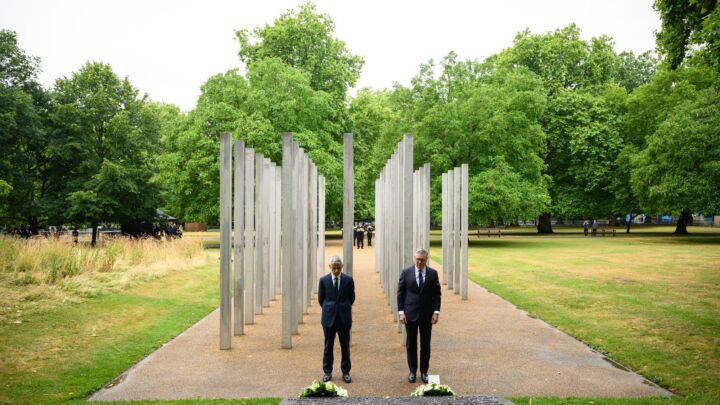



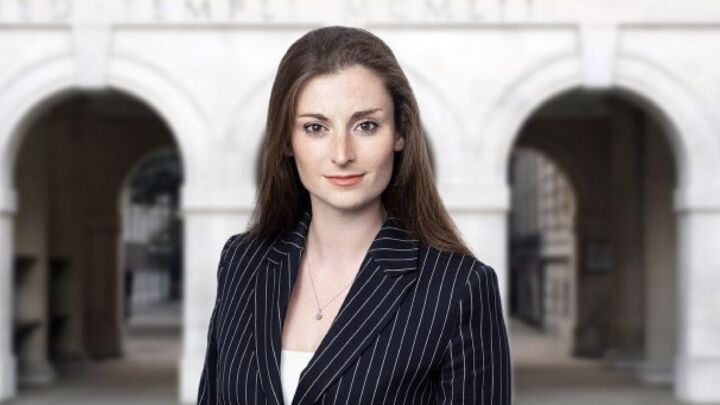
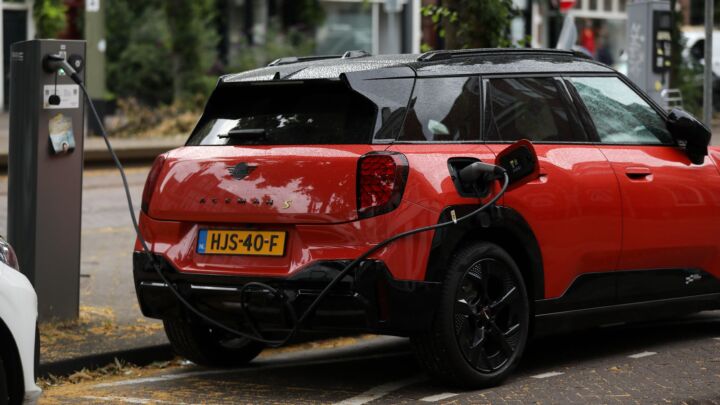
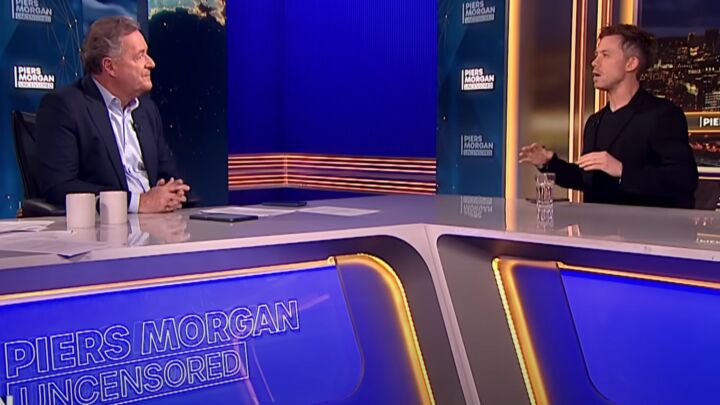
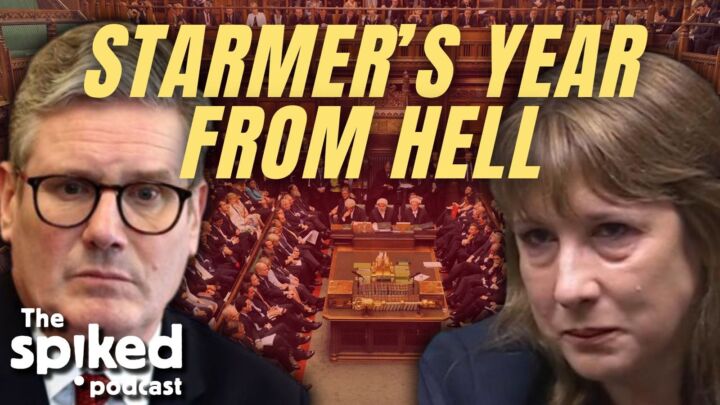
Comments
Want to join the conversation?
Only spiked supporters and patrons, who donate regularly to us, can comment on our articles.